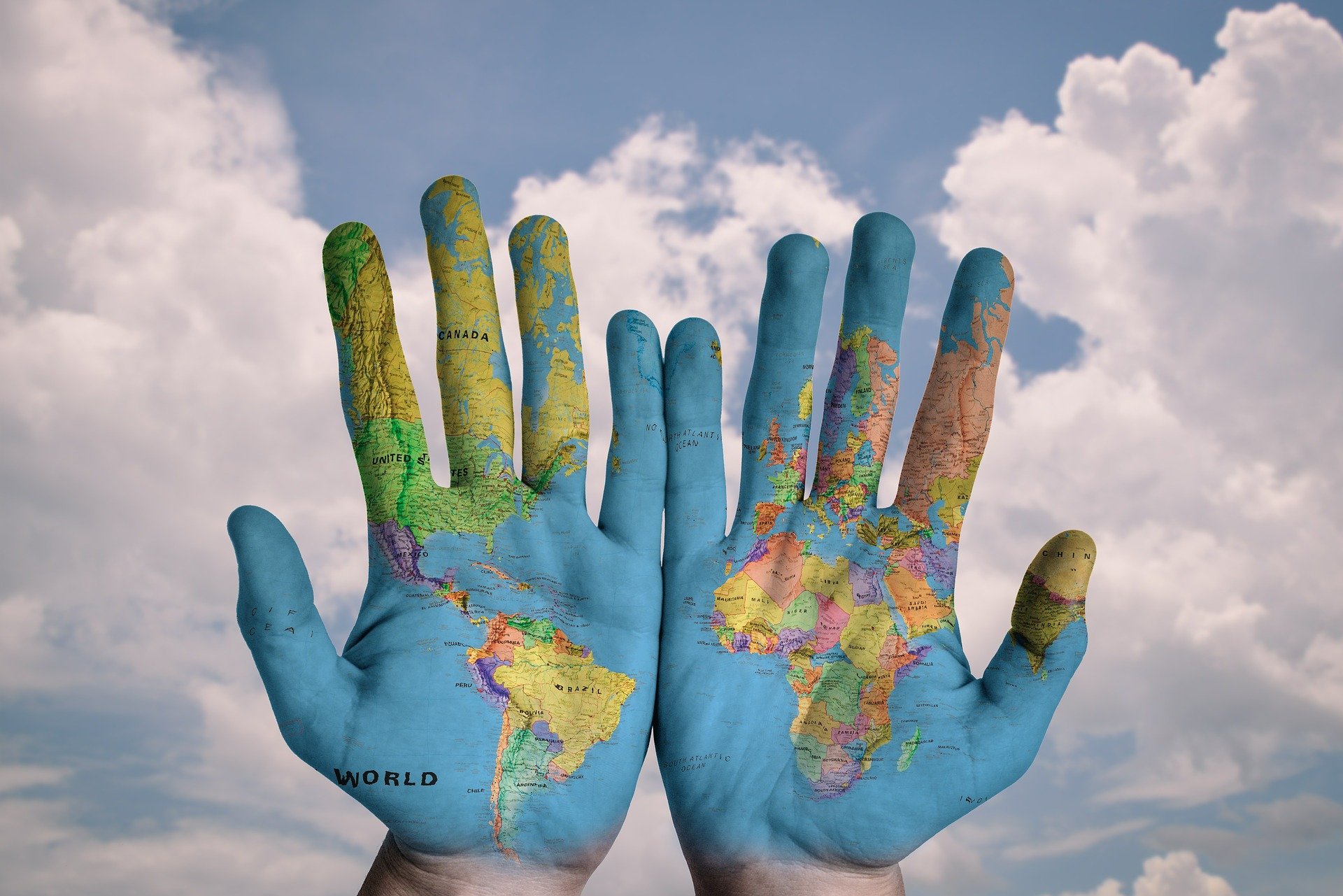Tu scegli, al resto pensiamo noi!

Lavoro
Luogo
Alloggio
Requisiti e materiali
Info appuntamento
NEAREST AIRPORT: TYO
NEAREST STATION: The nearest international airport is Tokyo (NRT or HND) from which it takes 7 hours by bullet train and local train or 10 hours by night bus and local train to the meeting point in Aomori pref. Vols. need to arrive at NRT or HND by 18:00 on Jul. 29 and can leave there after 22:00 on Aug. 07. It is better to book flight on or after Aug. 08.
Organizzatore
Lavoro
Luogo
Alloggio
Requisiti e materiali
Info appuntamento
NEAREST AIRPORT: BER
Organizzatore
Lavoro
Luogo
Alloggio
Requisiti e materiali
Info appuntamento
NEAREST AIRPORT: CCU
NEAREST STATION: CCU
Organizzatore
Lavoro
Luogo
Alloggio
Requisiti e materiali
Info appuntamento
NEAREST AIRPORT: CCU
NEAREST STATION: CCU
Organizzatore
Progetto
Lavoro
Luogo
Attività formative
Alloggio
Requisiti e materiali
Info appuntamento
autostazione di Cabras
Organizzatore
Progetto
Lavoro
Luogo
Attività formative
Alloggio
Requisiti e materiali
Info appuntamento
Organizzatore
Progetto
Lavoro
Luogo
Attività formative
Alloggio
Requisiti e materiali
Info appuntamento
AEROPORTO PIÙ VICINO: Aeroporto di Lampedusa
Porto di Lampedusa
Organizzatore
Lavoro
Luogo
Alloggio
Requisiti e materiali
Info appuntamento
NEAREST AIRPORT: KIX
NEAREST STATION: The nearest airport is Nagoya (Chubu Centrair) or Osaka (Kansai). To the meeting point, it will take about 4.5 hours by train from Chubu and 6 hours from Kansai. Volunteers are recommended to arrive at the airport one day before workcamp starts.) To the meeting point, it will take about 4.5 hours by train from Chubu and 6 hours from Kansai. Volunteers are recommended to arrive at the airport one day before workcamp starts.
Organizzatore
Progetto
Programma di lavoro
Luogo
Attività formative
Requisiti e materiali
Info appuntamento
Organizzatore
Contatti
- amministrazione@legambientedorabaltea.it
Progetto
Lavoro
Luogo
Attività formative
Alloggio
Requisiti e materiali
Info appuntamento
porto di Portoferraio, Isola d'Elba
Organizzatore
Progetto
Lavoro
Luogo
Attività formative
Alloggio
Requisiti e materiali
Info appuntamento
I responsabili del campo incontreranno i/le partecipanti alle ore 16:00 del 1° giorno alla stazione dei pullman in Via Matteotti a Sant’Antioco. La fine del campo è prevista alle ore 8:30 del 10 Agosto.
Organizzatore
Progetto
Lavoro
Luogo
Attività formative
Alloggio
Requisiti e materiali
Info appuntamento
Centro Sub Pozzuoli, interno Lido Montenuovo beach resort, Lucrino- Pozzuoli
Organizzatore
Lavoro
Luogo
Alloggio
Requisiti e materiali
Info appuntamento
NEAREST AIRPORT: PRG
NEAREST STATION: Bus stop : Odolena Voda, Komenskeho
Organizzatore
Progetto
Lavoro
Luogo
Attività formative
Alloggio
Requisiti e materiali
Info appuntamento
Legambiente Festambiente APS, Località Enaoli 58100, Rispescia (GR) Arrivo previsto il 03/08/24
Organizzatore
Lavoro
Luogo
Alloggio
Requisiti e materiali
Info appuntamento
NEAREST AIRPORT: TLL
NEAREST STATION: Tallinn
Organizzatore
Lavoro
Luogo
Alloggio
Requisiti e materiali
Info appuntamento
NEAREST AIRPORT: TLL
NEAREST STATION: Tallinn
Organizzatore
Progetto
Lavoro
Luogo
Attività formative
Alloggio
Requisiti e materiali
Info appuntamento
- Stazione Ferroviaria Sessa Aurunca-Roccamonfina - Sessa Aurunca Piazza XX Settembre - Mercato
Organizzatore
Lavoro
Luogo
Alloggio
Info appuntamento
NEAREST AIRPORT: PRG
NEAREST STATION: Bus stop: Horní Kruty, Ujezdec, rozc.
Organizzatore
Lavoro
Luogo
Alloggio
Requisiti e materiali
Info appuntamento
NEAREST AIRPORT: SMR
NEAREST STATION: Terminal de Santa Marta
Organizzatore
Lavoro
Luogo
Alloggio
Requisiti e materiali
Info appuntamento
NEAREST AIRPORT: DEL
NEAREST STATION: Kalka







